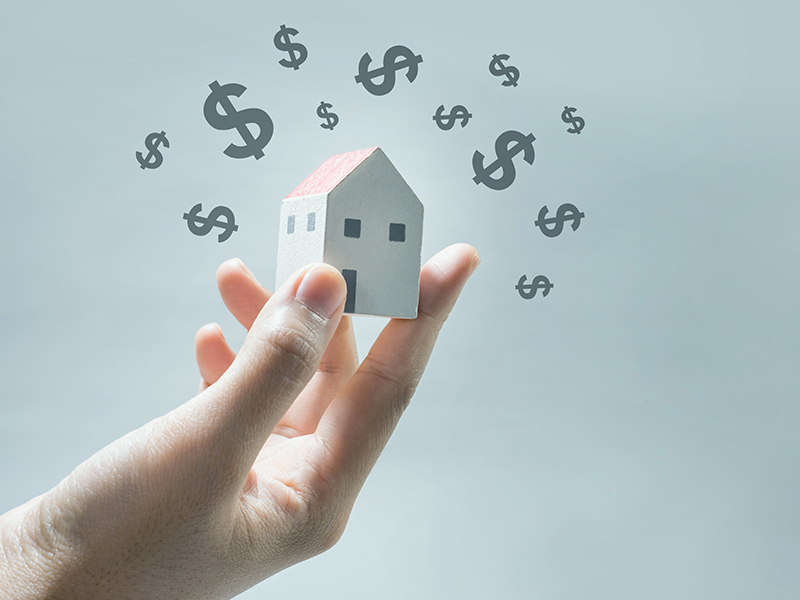
Finding a new place to call home and being financially ready for this big decision is great – but before closing the deal, make sure you aren’t paying for an overpriced house.
According to data, average home prices have continued to rise over the years. In December 2010, the average price of a home was $291,700. In December 2020, or 10 years later, the average had risen by more than 40% to $401,700. A report from SFGate.com also shows an average national appreciation value of 3.5% to 3.8% annually, mainly based on housing market trends and economic conditions.
With this market trend, one might think that soaring prices for properties are the norm. That’s not always the case, however. Home prices and interest rates rise and fall according to current market conditions and the economy as a whole so timing is crucial.
When a property is overpriced, it’s something an experienced local agent can quickly spot, weed out, or negotiate down. For regular homebuyers, it’s also good to know when a property is overpriced. Below are some signs to look out for:
-
It’s priced higher than “comps”
Comps are comparable properties within a one-mile radius from your target home, usually sold recently and with features similar to the property you’re eyeing, such as age, lot and home size, number of bedrooms and bathrooms, and amenities. Usually, comps fall within the same price range. If the property you are looking at is much more expensive than properties comparable to it, it is most likely overpriced. It is also best to request a comparative market analysis (CMA) from your real estate agent.
-
The price doesn’t match the data data from Federal Housing Financing Agency’s House Price Index (FHFA – HPI)
The FHFA website features tools such as a House Price Calculator and the FHFA House Price Index. The HPI includes data from real estate transactions from decades ago to present and market value trends. Take advantage of this information to guide you in the decision-making process in your home-purchasing journey.
-
There’s no space for future expansion
An expensive home with no space for future expansion or renovation might not be a wise buy. When evaluating a piece of property, the lot size and local regulations on building play a significant role. If you’re buying a home on the pricier side, there should at least be an option to eventually expand. This also helps build property equity, making it a great value for money.
While sellers in Florida are required to disclose details about the property’s condition and history, make sure all bases are covered, including HVAC systems, the roof, and other features that are costly to repair or replace.
-
The property is on and off the market
A property that keeps on changing from sold to pending, a little more frequently than usual, is a red flag. Often, buyers encounter financing issues that lead the property back to being listed as pending. However, if this happens more than once or twice, it could be a sign that there are issues with the property or that the seller is refusing to negotiate with the buyer. Work with your agent in investigating the property’s listing history.
When you set out to buy a home, you can never be too informed. Make use of as many available tools as possible and work closely with your agent to make sure you get the most out of your investment. Ready to find your new home in Palm Beach? Call Florida Exclusive Living at 954.644.9118 or contact us here to get started.

